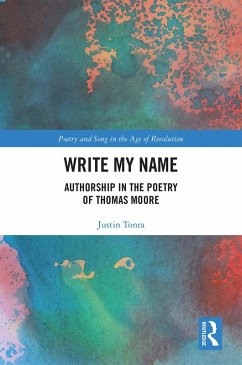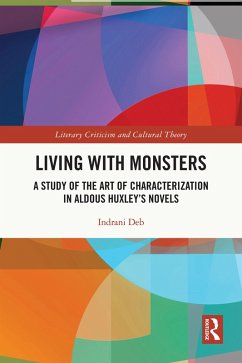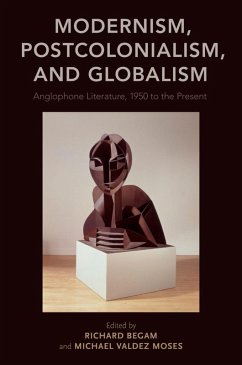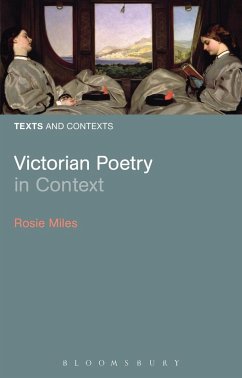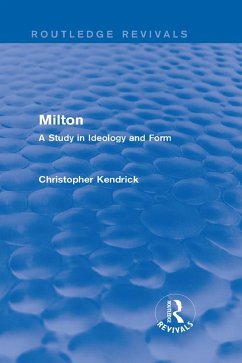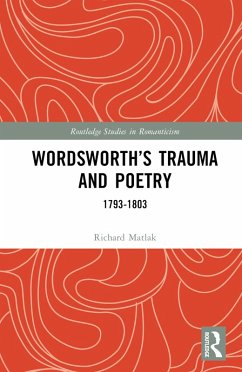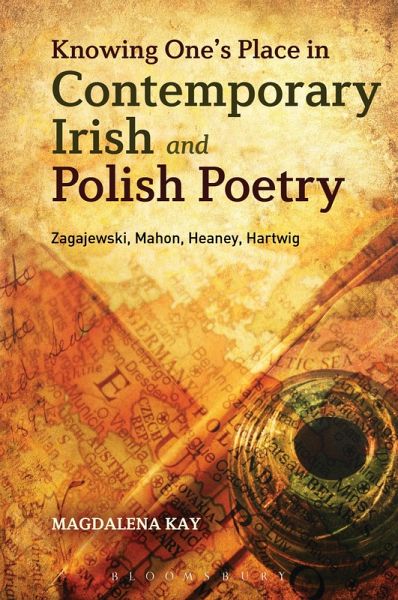
Knowing One's Place in Contemporary Irish and Polish Poetry (eBook, ePUB)
Zagajewski, Mahon, Heaney, Hartwig
Versandkostenfrei!
Sofort per Download lieferbar
32,95 €
inkl. MwSt.
Weitere Ausgaben:

PAYBACK Punkte
16 °P sammeln!
Are we allowed to choose where we belong? What pressures make us feel that we should belong somewhere? This book brings together four major poets-Heaney, Mahon, Zagajewski, and Hartwig-who ask themselves these questions throughout their lives. They start by assuming that we can choose not to belong, but know this is easier said than done. Something in them is awry, leading them to travel, emigrate, and return dissatisfied with all forms of belonging. Writer after writer has suggested that Polish and Irish literature bear some uncanny similarities, particularly in the 20th century, but few have...
Are we allowed to choose where we belong? What pressures make us feel that we should belong somewhere? This book brings together four major poets-Heaney, Mahon, Zagajewski, and Hartwig-who ask themselves these questions throughout their lives. They start by assuming that we can choose not to belong, but know this is easier said than done. Something in them is awry, leading them to travel, emigrate, and return dissatisfied with all forms of belonging. Writer after writer has suggested that Polish and Irish literature bear some uncanny similarities, particularly in the 20th century, but few have explored these similarities in depth. Ireland and Poland, with their tangled histories of colonization, place a large premium upon knowing one's place. What happens, though, when a poet makes a career out of refusing to know her place in the way her culture expects? This book explores the consequences of this refusal, allowing these poets to answer such questions through their own poems, leading to surprising conclusions about the connection of knowledge and belonging, roots and identity.





